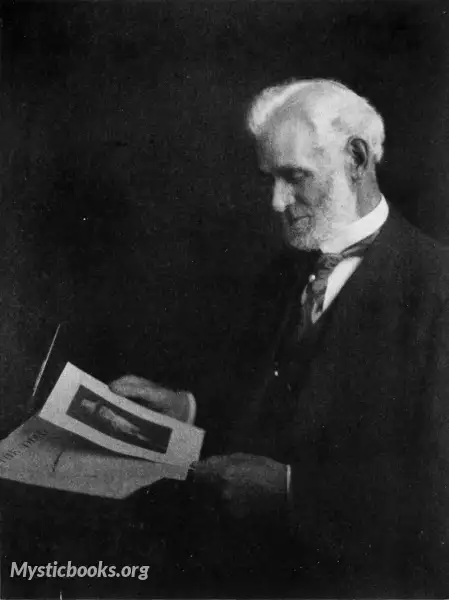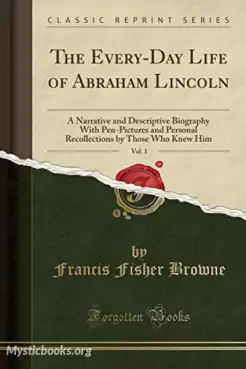
Timeline
Title
Country/Nationality
Francis Fisher Browne
Francis Fisher Browne was an American editor, poet, and literary critic. Browne was one of the founders and later, an honorary member of the Chicago Literary Club, the Caxton Club (Chicago) and The Twilight Club of Pasadena (California). He served as the Chairman of Committee on Congress at the World's Congress Auxiliary of the Columbian Exhibition, (Chicago World's Fair) in the summer of 1893.
Browne was at the forefront of the 20th century intellectual and literary scene in Chicago, Illinois. A transplant from New England, Browne settled in Chicago in 1867 and founded the literary journal, The Dial, which was a revival of Margaret Fuller's transcendental periodical and served as a venue for modernist literature. Over the years, he had become close friends with John Muir, John Burroughs, Walt Witman, and other notable figures.
Browne was born in South Halifax, Vermont, to parents, William Goldsmith Browne and Eunice (Fisher) Browne. His father was a poet, best known for his poem and hymn, "A Hundred Years To Come." Browne learned the printing trade, working in his father's newspaper, The Chicopee Journal, while he attended high school in Chicopee, Massachusetts.
After his high school education, at the age of 19, Browne enlisted in the 46th Regiment of Infantry, Massachusetts Volunteers, Company D, and was mustered into service on September 25, 1862. He was appointed as 1st Corporal. During his volunteer service, he participated in the Goldsboro Expedition, 2nd Trent Road reconnaissance (March 13, 1863), was part of the garrison of troops sent to Plymouth (April 1863), on the Roanoke River, Gum Swamp, and the Maryland Campaign. He mustered out on July 29, 1863. Thirty-two men died of illness or accident, during their service, one soldier died as a direct consequence of battle.
Books by Francis Fisher Browne

The Everyday Life of Abraham Lincoln
Abraham Lincoln is America's Frodo Baggins; a very unlikely creature to accomplish extraordinary things. He was a plain, homely, poor, terribly sad man--but proved himself one of the greatest and wisest leaders of his people.